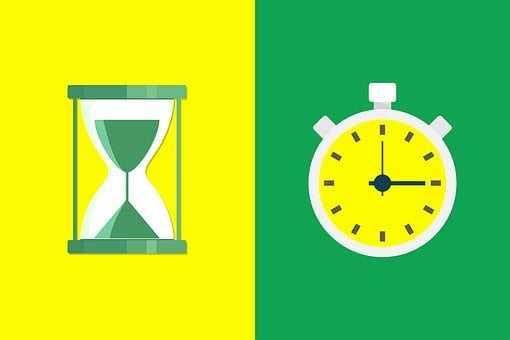Urgency puts us into reactive mode
The problem is that we’re continually bombarded with urgent work: emails, meetings, calls, and instead of being in control of our time and attention, we respond and act on someone else’s priorities.
428
1.6K reads
The idea is part of this collection:
Learn more about timemanagement with this collection
Seeking support from others
Identifying the symptoms of burnout
Learning to say no
Related collections
Similar ideas to Urgency puts us into reactive mode
Mere Urgency Effect - Urgency trumps importance
The effect shows our tendency to prioritise perceived time-sensitive tasks over non-urgent tasks, even if the non-urgent jobs carry greater rewards.
This cognitive bias reveals why we will rather respond to emails at the expense of meaningful work. Moreover, research shows...
Make the urgency bias work for you
- Break your big projects down into simple manageable steps and then set a short deadline for each.
- Switch from “task urgency” to “time urgency” , to choose what really deserves your attention.
- Don’t let urgent tasks control the first hour of your day. Set aside blocks of ...
Time blocking your schedule
- Know your high-level priorities and goals.
- Start creating blocks for your time outside of work (morning routines, time with family/friends etc.)
- Schedule your most meaningful work for when your energy and attention naturally peak.
- Add blocks for reactive tasks each da...
Read & Learn
20x Faster
without
deepstash
with
deepstash
with
deepstash
Personalized microlearning
—
100+ Learning Journeys
—
Access to 200,000+ ideas
—
Access to the mobile app
—
Unlimited idea saving
—
—
Unlimited history
—
—
Unlimited listening to ideas
—
—
Downloading & offline access
—
—
Supercharge your mind with one idea per day
Enter your email and spend 1 minute every day to learn something new.
I agree to receive email updates
